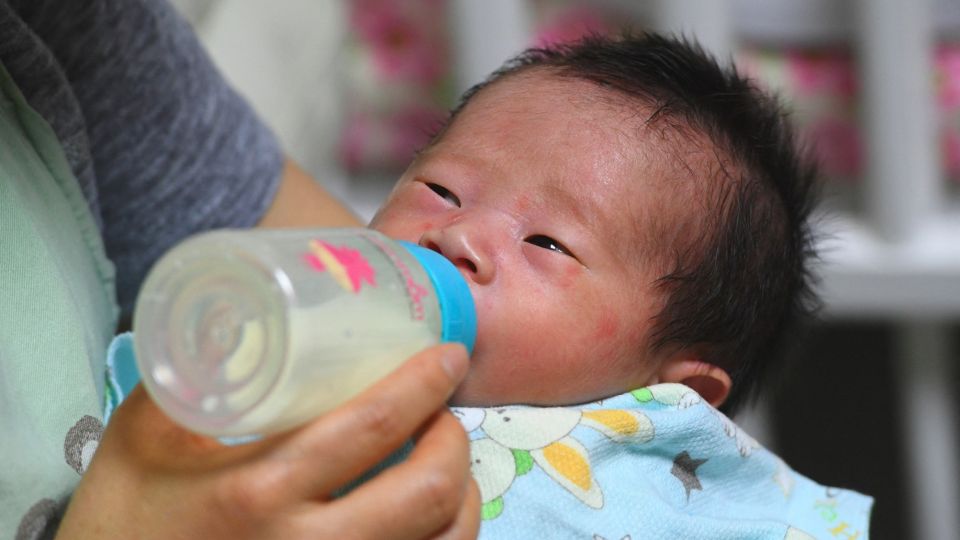July 18, 2025
SEOUL – Embryos produced via in vitro fertilization have surged by 83.2 percent in South Korea over the past five years, according to government data released Thursday, signaling the growing use of assisted reproductive technology in a country grappling with low birth rates.
A total of 783,860 embryos were created through IVF in 2024, up from 427,818 in 2019, according to the Ministry of Health and Welfare data submitted to Rep. Kim Yoon of the ruling Democratic Party of Korea. The number has been steadily climbing since 2016, when 334,687 embryos were created, and surpassed 500,000 for the first time in 2021.
The actual embryo transfer has also increased in recent years, although not as rapidly. Last year, 201,496 embryos were transferred for pregnancy, up 31.9 percent from 152,761 in 2019 and 56.6 percent from 128,672 in 2016.
IVF is a procedure to aid pregnancy, where mature eggs are collected and fertilized by sperm in a laboratory setting. The fertilized eggs are transferred to a human body for pregnancy or cryopreserved for future use.
As of December 2024, medical institutions across the country were storing 383,520 embryos, along with 133,926 unfertilized eggs and 56,967 vials of semen.
However, most fertilized embryos end up being discarded. In 2024 alone, 533,266 embryos were destroyed, more than double the 260,506 discarded in 2019. Embryos may be discarded for various reasons, including being deemed unfit for pregnancy or upon request by the individuals who created them.
Frozen embryos can theoretically be stored indefinitely if maintained properly, but most people only store them for up to 10 years.
IVF is becoming an increasingly vital option in South Korea, where the average age of first-time mothers was 32.96 as of 2023. Advanced maternal age is medically defined as 35 or older, which means a substantial number of Korean couples are presumed to have some complications when trying to conceive naturally.
Despite the many advantages of assisted pregnancy technology, some ethical questions are not yet covered by the Bioethics and Safety Act.
Earlier in July, actor Lee Si-young revealed that she had gotten pregnant via embryo created with her ex-husband, despite his opposition. This is due to a loophole in the law: It mandates a written consent when creating embryos via in vitro fertilization, but has no clause on transferring the already-created embryos to the human body.
The incident has touched off controversy about the bioethics of the embryo and in vitro fertilization, which is still a relatively new field in the world and particularly in South Korea. The Bioethics and Safety Act itself, which covers the matters related to embryos, was only enacted in 2004 and came into effect the following year.
The Health Ministry officials said they plan to discuss with experts whether the process related to in vitro fertilization needs improvement.


